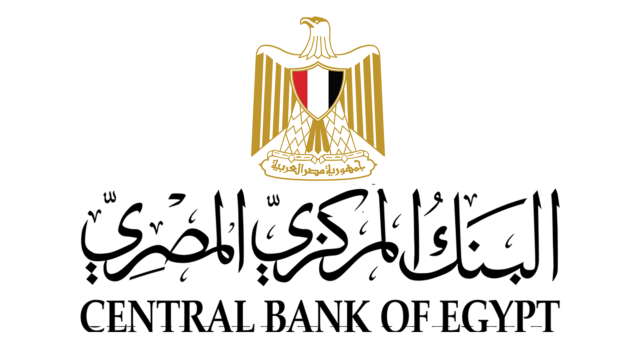
The pandemic crisis, the interruption of the supply chain, and the war in Ukraine with soaring fuel prices and shortages of flour and corn have put a strain on Egypt’s economic stability. In 2022, the Egyptian government adopted measures which resulted in harsher conditions for companies and local citizens, which Cairo currently hopes to overcome with the support of the International Monetary Fund.
- Ukraine conflict has hugely impacted Egypt’s economy, causing macroeconomic upheavals, including runaway inflation, local currency depreciation and interest rate hikes.
- Egyptian countermeasures to face the economic crisis caused by the Ukraine conflict have exacerbated business conditions in several industrial sectors.
- Egypt had to rely on the IMF’s $3 billion financial loan to cope with the economic and currency crisis.
- Import-export companies have been seriously hurt by the $9.5 billion blockade of goods in Egyptian ports due to the currency crisis.
Background
The Ukraine conflict hugely impacted the Egyptian economy and local prices for basic commodities. It stressed Egypt’s foreign currency resources, forcing the Central Bank of Egypt to devalue the pound in March and October, place restrictions on imports and introduce the requirement for the importers to use letters of credit.
Companies complained about the Egyptian government’s measures which did not resolve the problem of foreign currency shortage, pushing Egypt to rely on 46-months financial support from the International Monetary Fund.
On December 29th, 2022, Egyptian President Abdel Fattah al-Sisi approved a document outlining 62 economic activities from which the state will withdraw by entrusting them to the private sector, to meet two key conditions attached to the International Monetary Fund’s 3 billion support package.
The Egyptian government declared that this strategy aims to give the private sector a more significant role in economic growth, job creation and increased investment and exports. In the last few days, the Egyptian currency has broken the £30 to US dollar mark for the first time, and inflation has breached 20%, while the International Monetary Fund (IMF) has allocated a financial aid package for the next three years equal to about 3 billion dollars.
The devaluation of the local currency is part of the IMF’s plan to make the exchange rate flexible, with the long-term goal of stemming the parallel market. Therefore, to preserve the social stability of a key country in the MENA region, the Gulf Arab monarchies have brought new liquidity through financing in the infrastructure sector and deposits in banks.
Why does it matter?
Egypt’s economic measures significantly hit businesses, from poultry farms to car manufacturers, because most goods are stacked in Egyptian ports. Indeed, the currency shortage needed to run Egypt’s heavily imported economy has affected supply lines in nearly every sector and caused prices to soar.
Foreign companies operating in Egypt might risk being unable to work due to the stop on imports and the lack of clarity made by the government, which increases the risk of business and social unrest.
Since the Egyptian government has yet to explore options and strategies to resolve the economic and currency crisis, the outlook for many businesses is uncertain. Foreign companies operating in sectors the government is not prioritising (food products, food manufacturing components, medicines and production requirements) might face harsher conditions and risk completely blocking their regional operations with consequent economic losses.



